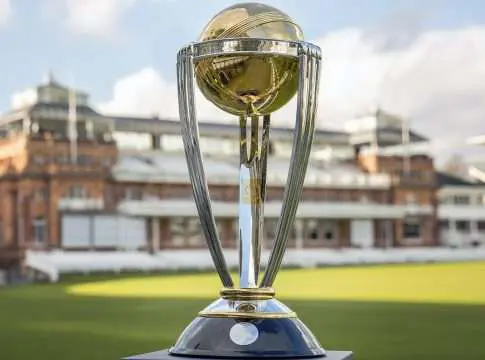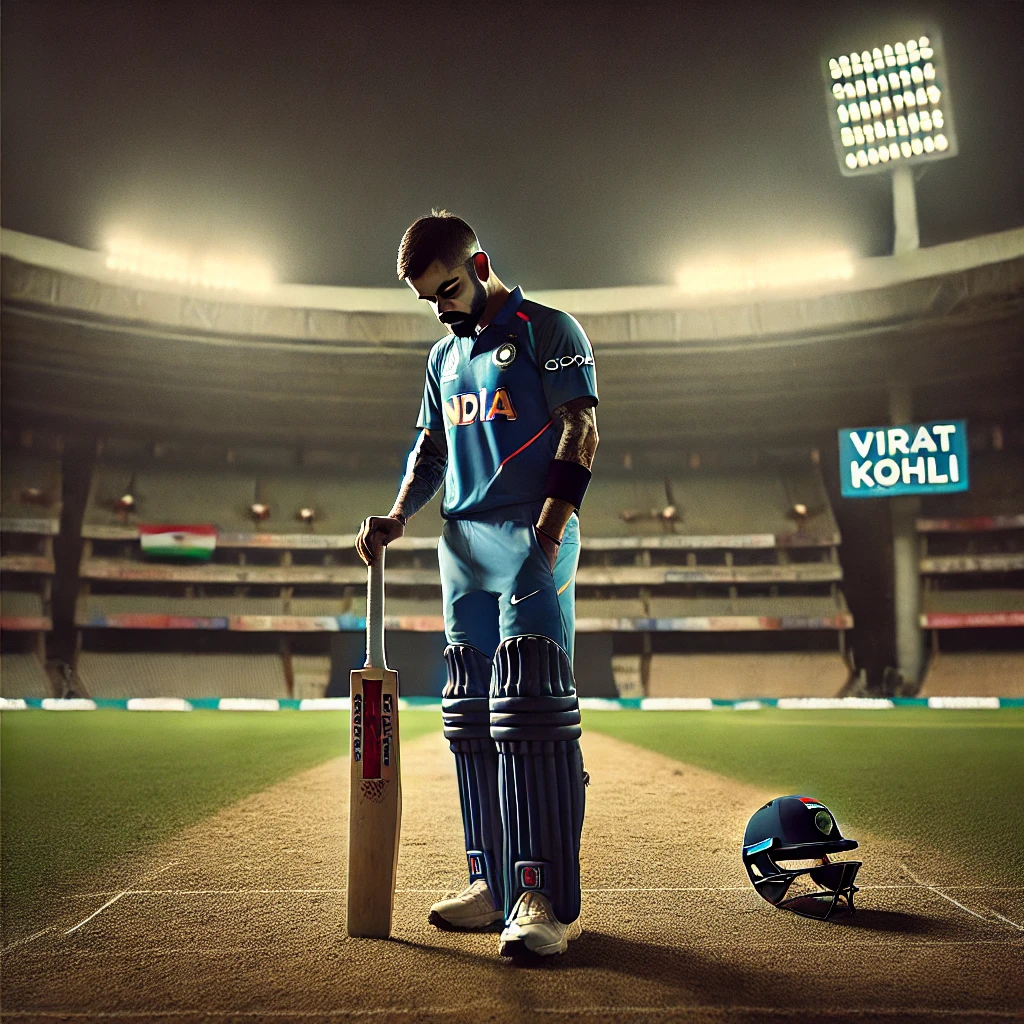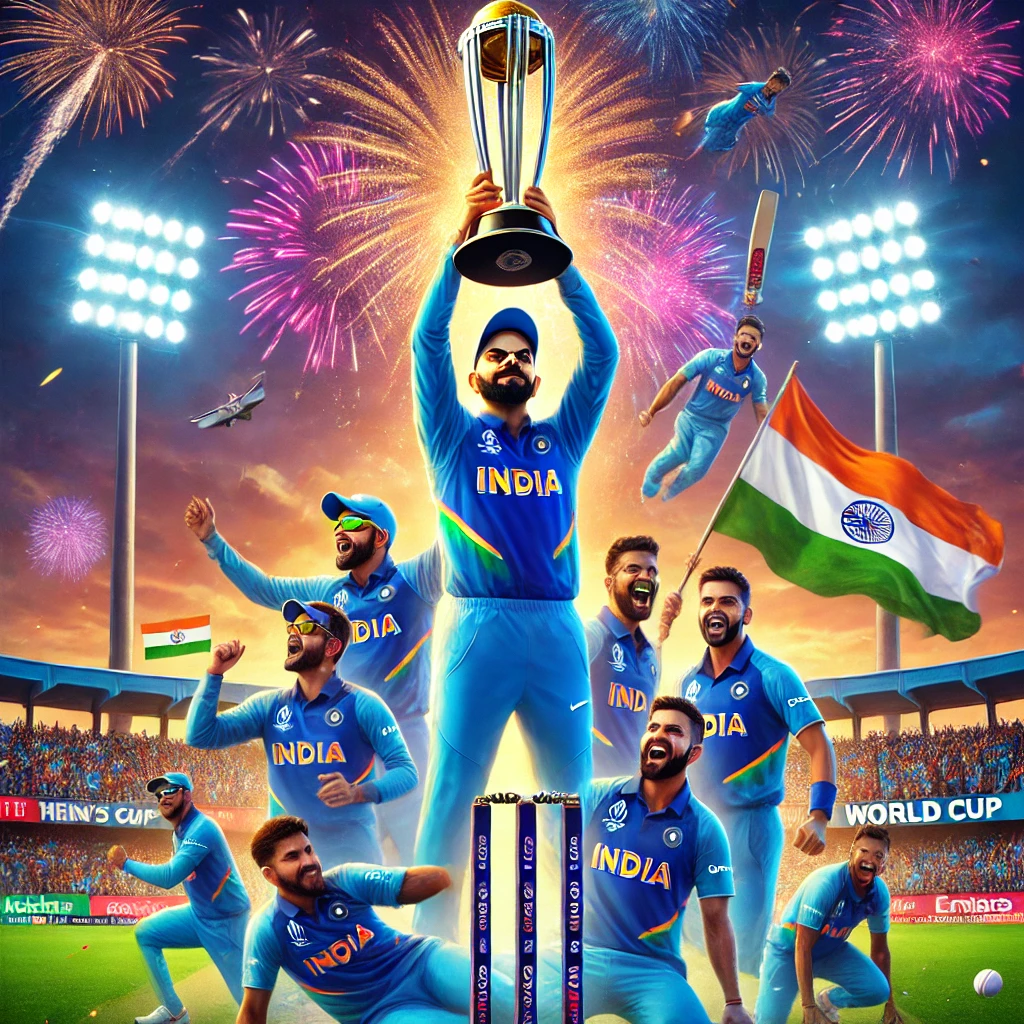The Cricket World Championship, spanning over a century, stands as a testament to the evolution and global popularity of the sport of cricket. From its humble beginnings to becoming one of the most prestigious events in the sporting world, the journey of the Cricket World Cup has been nothing short of remarkable.
The roots of modern cricket can be traced back to 16th century England, where it was played predominantly by the aristocracy. However, it wasn’t until the 18th century that cricket began to take shape as a formal sport with standardized rules and regulations. The first recorded cricket match took place in 1697, and from there, the sport gradually gained popularity both domestically and internationally.
As cricket spread across the British Empire, it became more than just a game; it became a symbol of colonial power and influence. The sport found its way to countries like India, Australia, South Africa, and the West Indies, where it quickly ingrained itself into the social fabric of these nations.
In the late 19th and early 20th centuries, international cricket began to take shape with the formation of national teams and the organization of bilateral series between countries. The concept of a global tournament to determine the world’s best cricketing nation started to gain traction, and in 1975, the first Cricket World Cup was held in England.
The inaugural tournament featured eight teams – England, Australia, West Indies, India, Pakistan, New Zealand, Sri Lanka, and East Africa. Matches were played in the one-day format, with each team facing off against the others in a round-robin format followed by knockout stages.
The West Indies, led by the legendary Clive Lloyd, emerged as the inaugural champions, defeating Australia in the final at Lord’s. The tournament was a resounding success, capturing the imagination of cricket fans around the world and laying the foundation for future editions of the Cricket World Cup.
Throughout the 1980s and 1990s, the Cricket World Cup continued to grow in stature and popularity, with new teams joining the fray and established cricketing nations strengthening their squads. The emergence of stars like Kapil Dev, Imran Khan, and Allan Border further elevated the profile of the tournament, with each edition producing its own share of memorable moments and iconic performances.
One of the most significant moments in Cricket World Cup history came in 1983 when India, considered underdogs at the time, defied the odds to win the tournament under the inspirational leadership of Kapil Dev. Their victory against the mighty West Indies in the final at Lord’s remains etched in the annals of cricketing folklore, marking a turning point in the sport’s history and inspiring generations of cricketers in India and beyond.
The 1990s witnessed the rise of Australia as a dominant force in world cricket, with the likes of Allan Border, Steve Waugh, and Shane Warne leading the charge. Australia won the Cricket World Cup three times in this decade, establishing themselves as the team to beat on the international stage.
The turn of the millennium saw the introduction of new innovations in the sport, including the advent of Twenty20 cricket and the expansion of the Cricket World Cup to include more teams. The tournament format underwent several changes, with the number of participating teams increasing, and the introduction of Super Six and Super Eight stages to determine the knockout qualifiers.
In 2007, the Cricket World Cup witnessed one of its biggest upsets when minnows Ireland defeated Pakistan in a group stage match, sending shockwaves through the cricketing world. The tournament also saw Australia continue their dominance, winning their third consecutive title under the captaincy of Ricky Ponting.
However, the 2007 World Cup was marred by controversy and criticism over its lengthy duration and the format of the tournament. This led to significant reforms in the structure of the Cricket World Cup, including a reduction in the number of participating teams and a streamlined format to ensure a more competitive and viewer-friendly event.
The subsequent editions of the Cricket World Cup saw a more balanced competition, with teams like India, Sri Lanka, and England challenging Australia’s supremacy. The tournament also witnessed the emergence of new cricketing powerhouses like South Africa, New Zealand, and Bangladesh, who showcased their talent on the global stage.
In 2011, India became the first host nation to win the Cricket World Cup, defeating Sri Lanka in a thrilling final in Mumbai. The victory sparked scenes of jubilation across the country, reaffirming cricket’s status as the most beloved sport in India and cementing the legacy of iconic players like Sachin Tendulkar, MS Dhoni, and Virat Kohli.
The 2015 Cricket World Cup saw Australia reclaim the title on home soil, with a dominant display throughout the tournament under the captaincy of Michael Clarke. The event also saw the emergence of new stars like Mitchell Starc and Steve Smith, who played pivotal roles in Australia’s triumph.
The most recent edition of the Cricket World Cup took place in 2019 in England and Wales, featuring a round-robin format followed by knockout stages. The tournament produced several thrilling matches and memorable moments, culminating in a dramatic final between England and New Zealand at Lord’s.
In a fitting finale, England emerged victorious, winning their first-ever Cricket World Cup title in a thrilling Super Over finish. The match will be remembered as one of the greatest in the history of the sport, showcasing the drama and excitement that makes cricket the most captivating game on earth.
Looking ahead, the future of the Cricket World Cup remains bright, with new innovations and developments set to further enhance the tournament’s appeal and global reach. As the cricketing world continues to evolve, one thing remains certain – the Cricket World Cup will continue to captivate audiences and inspire generations of cricket lovers for years to come.






